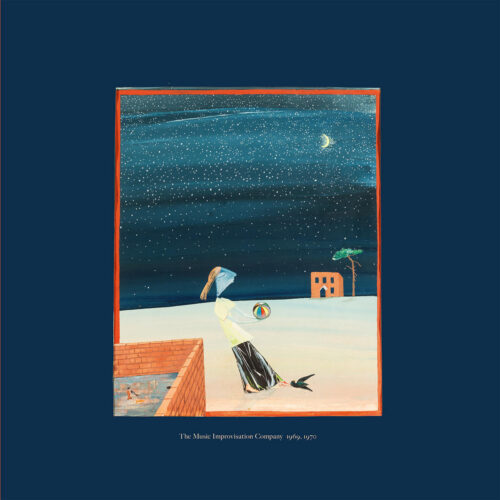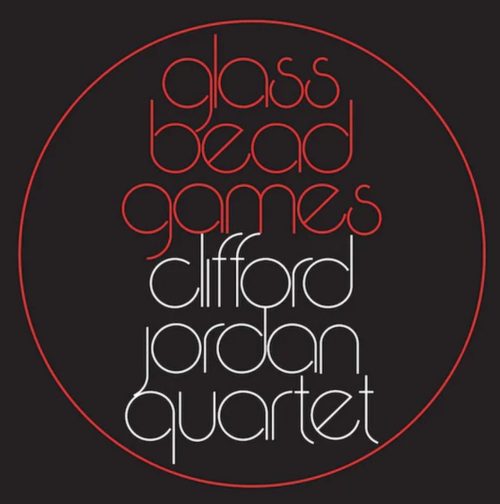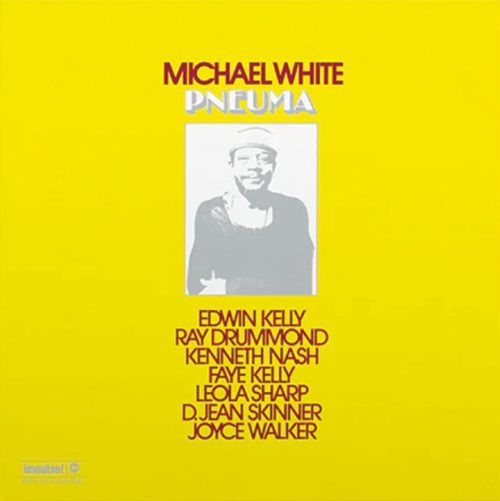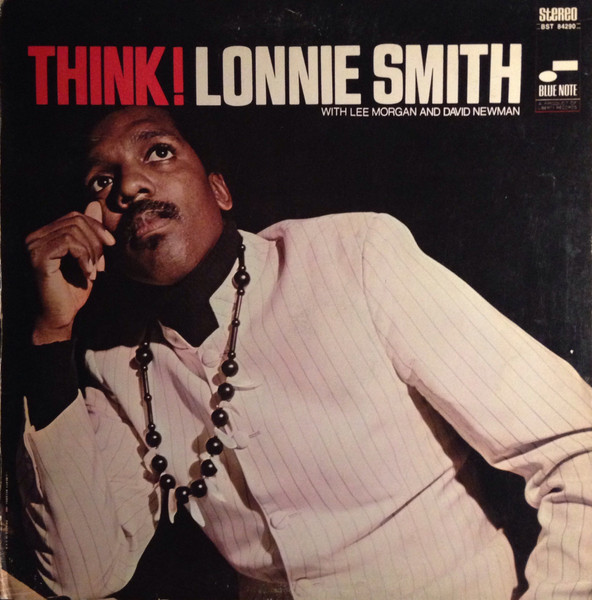1969, 1970
Label: Honest Jon's
Genre: Experimental, Jazz
$39.99
Out of stock
The original concepts of vocal and instrumental music are utterly different. The instrumental impulse is not melody in a ‘melodious’ sense but an agile movement of the hands which seem to be under the control of a brain centre totally different from that which inspires vocal melody. Altogether, instrumental music, with the exception of rudimentary rhythmic percussion, is as a rule a florid, fast and brilliant display of virtuosity… Quick motion is not merely a means to a musical end but almost an end in itself which always connects with the fingers, the wrists and the whole of the body.”
This passage from Curt Sachs’ The Wellsprings of Music appeared on the sleeve of the original issue of this LP, in 1976. It stakes out territory for European Free Improvisation markedly different from that of the (American) Free Jazz it sprang from. The African-American heritage that led to jazz was melodious, vocal, churchical and field-holler-inflected. The Germans and the Dutch never made any secret of their affection for it, but British free improvisers in the late 1960s were looking elsewhere.
Even so, and though the music press made a big deal a while back about the release of a 1965 rehearsal tape by Derek Bailey’s earlier Joseph Holbrooke trio (with Gavin Bryars and Tony Oxley), their early efforts were mere tentative steps along a cliff edge wearing a line safely attached to Coltrane, and there’s still a faint but distinct aftertaste of jazz in Bailey and Parker’s work with the Spontaneous Music Ensemble up to and including 1968’s Karyobin.
But with the addition of Jamie Muir — the first great free improvising percussionist who didn’t start out as a jazz drummer — and Hugh Davies and his electronics from way out leftfield in the avant garde/experimental world, the MIC leapt right off that cliff. As Nina Hagen screamed later, “1968 is over! Future is Now!”
These six tracks — tight, electric, pointillistic, brilliant, uncompromising and exhilarating — sound like nothing else that came before.
In a word, seminal.






